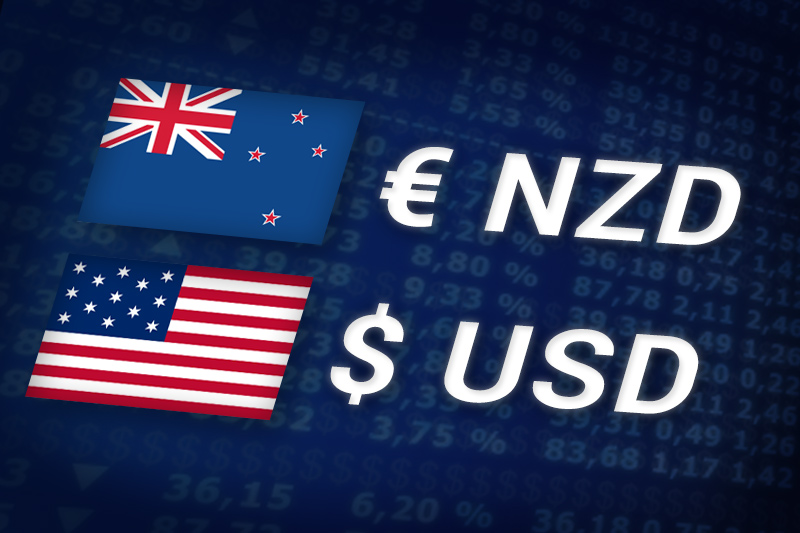Investing.com’s stocks of the week
Investing.com - The New Zealand dollar edged up to a three-day high against its U.S. counterpart on Tuesday, shrugging off soft New Zealand inflation data as sentiment slightly improved amid hopes of progress in tackling the euro zone’s debt crisis at this week’s summit in Brussels.
NZD/USD hit 0.7676 during late Asian trade, the pair’s highest since May 17; the pair subsequently consolidated at 0.7662, adding 0.13%.
The pair was likely to find support at 0.7621, the low of May 17 and resistance at 0.7715, the high of December 20.
The Reserve Bank of New Zealand said earlier that inflation expectations for the second quarter ticked down to 2.4%, from 2.5% in the previous quarter, therefore dampening expectations for a rate hike in the near future.
Meanwhile, investors eyed a meeting of European leaders on Wednesday, with hopes they may agree on measures to bolster investor confidence in the single currency bloc.
France's new President Francois Hollande is expected to push for a joint euro zone bond at the EU meeting, a measure backed by Italy, Spain and the European Commission but opposed by Germany.
Elsewhere, the kiwi was higher against the euro with EUR/NZD shedding 0.41%, to hit 1.6687.
Later in the day, the U.S. was to release industry data on existing home sales.
NZD/USD hit 0.7676 during late Asian trade, the pair’s highest since May 17; the pair subsequently consolidated at 0.7662, adding 0.13%.
The pair was likely to find support at 0.7621, the low of May 17 and resistance at 0.7715, the high of December 20.
The Reserve Bank of New Zealand said earlier that inflation expectations for the second quarter ticked down to 2.4%, from 2.5% in the previous quarter, therefore dampening expectations for a rate hike in the near future.
Meanwhile, investors eyed a meeting of European leaders on Wednesday, with hopes they may agree on measures to bolster investor confidence in the single currency bloc.
France's new President Francois Hollande is expected to push for a joint euro zone bond at the EU meeting, a measure backed by Italy, Spain and the European Commission but opposed by Germany.
Elsewhere, the kiwi was higher against the euro with EUR/NZD shedding 0.41%, to hit 1.6687.
Later in the day, the U.S. was to release industry data on existing home sales.
